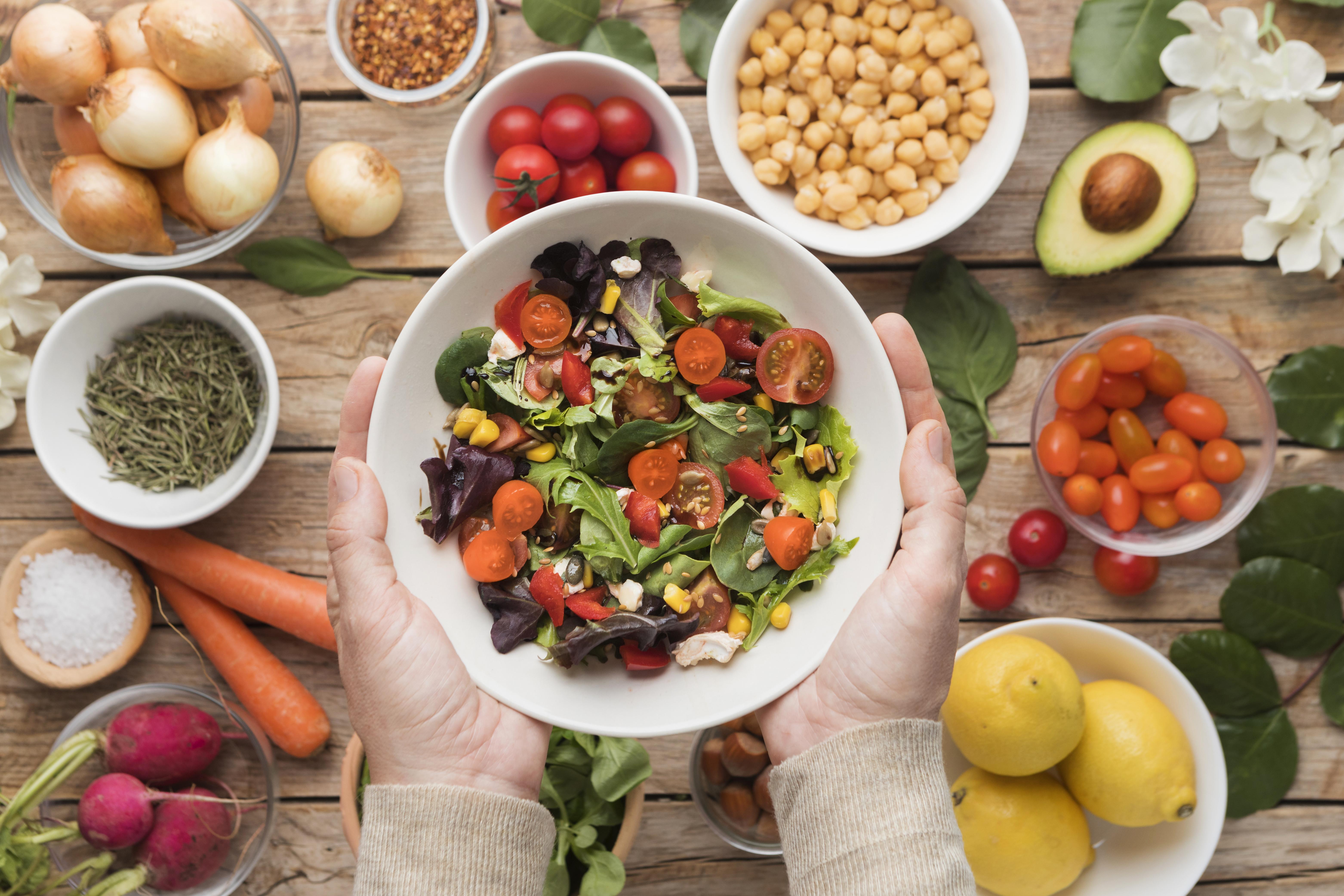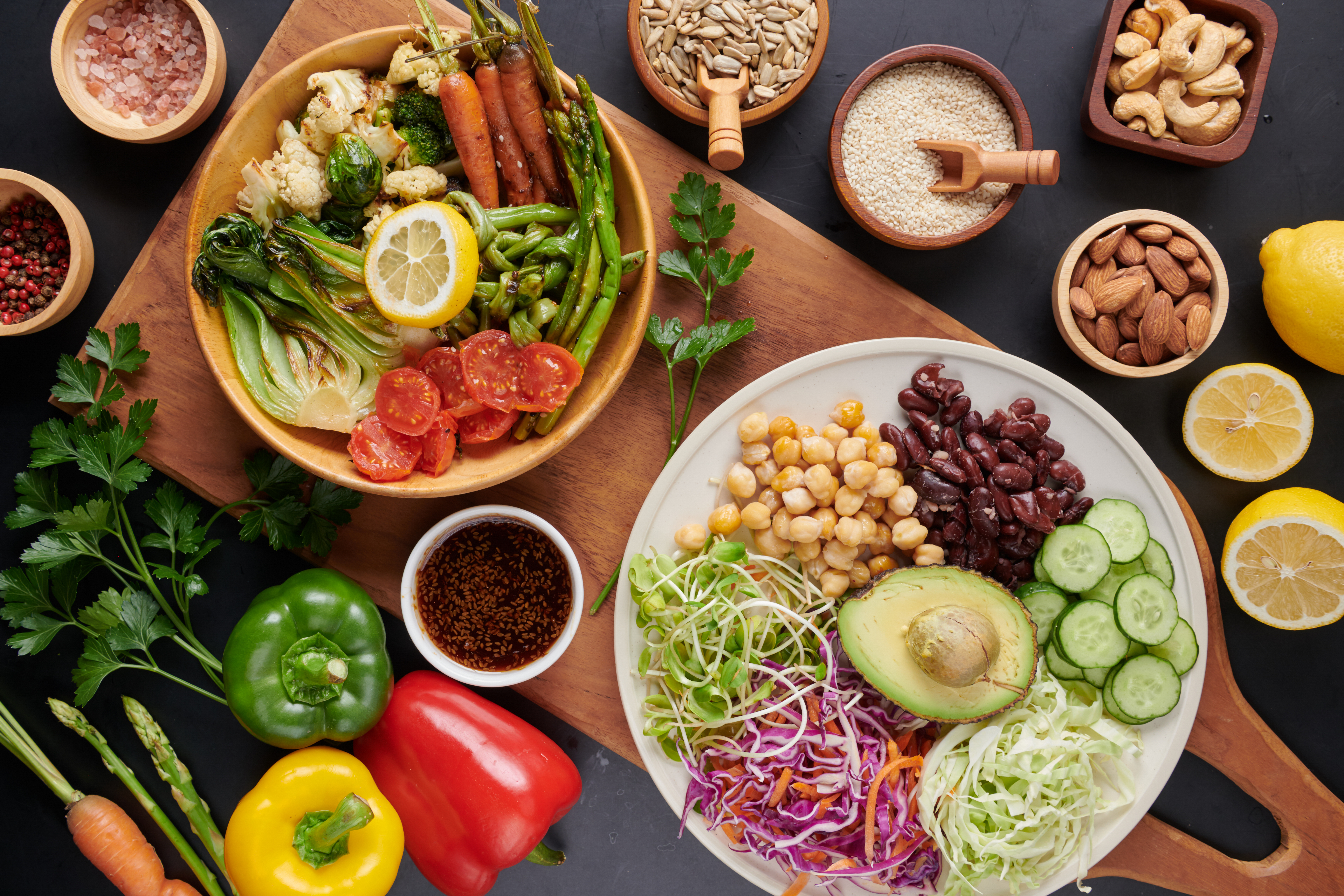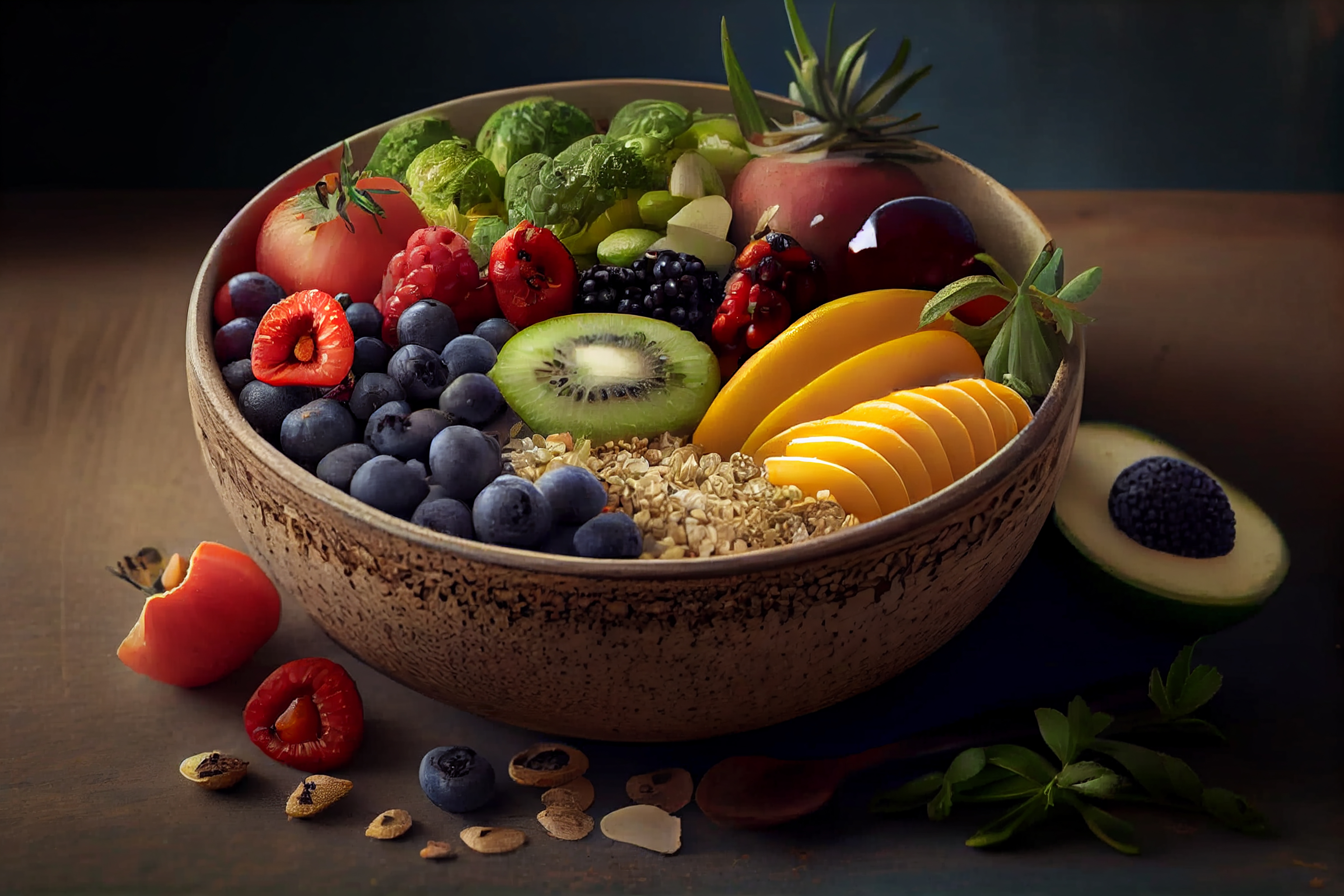The anti-inflammatory diet has recently gained popularity among celebrities and wellness experts who claim it can improve energy, reduce bloating, and even slow ageing. Recently, Tamil actor Samantha Prabhu spoke about being on a strict Anti-inflammatory diet. The actor held an interactive session with her followers on Instagram ahead of her upcoming television series Citadel: Honey Bunny. Responding to a question about her weight loss, the actor replied, "Another weight comment. I saw an entire thread about my weight. As you guys must know, I am on a strict anti-inflammatory diet which is required for my condition which prevents me from putting on weight, keeps me in a certain weight bracket and keeps me in a sweet spot with my condition (myositis). Stop judging people. Let them be, live and let live. Please, guys, it's 2024." Samantha is not the only one following it. During Bhool Bhulaiyaa 3 promotions, Vidya Balan opened up about her drastic weight loss transformation based on an anti-inflammatory diet. But what exactly is an anti-inflammatory diet, and why is it so beneficial? We speak to a few dieticians and nutritionists to break down the science behind it, what food it includes, and how it can benefit nearly anyone.
What is the Anti-Inflammatory diet?
According to dietitians, an anti-inflammatory diet focuses on eating foods that naturally reduce inflammation in the body, which has been linked to chronic conditions such as heart disease, arthritis, diabetes, and even certain cancers. "The anti-inflammatory diet is nutrient-rich and includes whole foods. This diet decreases the chronic inflammation that many people unknowingly experience due to lifestyle, stress, and processed foods," says Dietician Jayashree Banik. She also says that this particular diet also has some therapeutic uses which help reduce inflammation in autoimmune disorders. "The diet also helps with certain mental health issues like depression and anxiety."

In the last few years, celebrities across the world have advocated anti-inflammatory deities including Jennifer Aniston and Tom Brady as a means to maintain youthful skin, enhance physical performance, and support overall well-being. But it’s not just another social media or celebrity-popularized fad; there is substantial scientific evidence behind the benefits of an anti-inflammatory approach.
Not just a trend but a science-backed approach
The anti-inflammatory diet isn’t just a passing trend; it’s a science-backed approach to eating that supports long-term health and well-being. With its emphasis on wholesome, natural foods, this diet can help reduce the risks of many chronic conditions, improve energy levels, and even boost mood. As celebrity interest grows, so does awareness of the diet’s potential to create lasting, positive health changes. According to research by the National Library of Medicine, Anti-inflammatory diets have been in existence for centuries. However, anti-inflammatory diets are a relatively new disease treatment and prevention tool. Some of the examples of anti-inflammatory diets include a traditional Mediterranean diet, the dietary approach to stop hypertension, and traditional Okinawan, Nordic, or Mexican diets. These dies share similar foundations - components of a holistic lifestyle approach. Apart from the diet, the complete approach includes regular exercise, socialization, adequate rest, and a consumable diet that is biodiverse, fresh, seasonal and local to the region. This diet does not stimulate the inflammatory cascade to a significant degree.

Health benefits of an anti-inflammatory diet
Inflammation is a natural response of the body, "But chronic inflammation can harm health over time. An anti-inflammatory diet reduces this chronic inflammation helping with better digestion, more stable energy, and even improved mood," says Clinical dietician and health coach Krishna from Hyderabad.
Some of the top health benefits include:
Improved heart health: Anti-inflammatory foods, such as omega-3-rich fish, help support heart health by reducing blood pressure and lowering bad cholesterol levels.
Enhanced digestion: Foods high in fibre, like fruits, vegetables, and whole grains, keep digestion regular and reduce inflammation in the gut.
Better skin health: Antioxidant-rich foods, such as berries and leafy greens, can slow the ageing process and improve skin elasticity.
Increased energy and reduced fatigue: Foods that help stabilize blood sugar, like whole grains and lean proteins, provide a more stable energy level, preventing the crashes associated with high-sugar diets.

Foods to Include in an Anti-Inflammatory Diet
The anti-inflammatory diet emphasizes whole, unprocessed foods that are rich in antioxidants, fiber, and essential nutrients. Here’s a breakdown of the key food groups by holistic health dietician Sumeet Sharma.
Fruits and vegetables: Especially leafy greens, berries, and citrus fruits, which contain powerful antioxidants like vitamin C and flavonoids.
Whole grains: Brown rice, quinoa, and oats are full of fibre and help reduce inflammation in the digestive tract.
Healthy fats: Foods like olive oil, nuts, seeds, and avocados are rich in monounsaturated fats and omega-3 fatty acids, known for their anti-inflammatory effects.
Lean proteins: Fish, especially fatty varieties like salmon and mackerel, are high in omega-3s, which are essential for fighting inflammation.
Spices and herbs: Turmeric, ginger, and garlic contain natural anti-inflammatory compounds and are often used in traditional medicine for their health benefits.
"Each of these foods works to provide vitamins, minerals, and antioxidants that counteract inflammation and promote cellular health," says Sharma and suggests regular physical activity to experience better results.

Who can benefit from the anti-inflammatory diet?
Anti-Inflammatory diet is ideal for almost anyone but is particularly beneficial for those with inflammatory conditions like arthritis, digestive issues, or autoimmune diseases. Its balanced approach also makes it a great option for those simply looking to improve their overall health. Says Banik, “The anti-inflammatory diet is safe and healthy for most people because it includes natural, nutrient-dense foods. It’s not about restriction, but about making choices that support long-term health."
Sharma also points out that pregnant women, seniors, athletes, and those managing chronic conditions can especially benefit from the diet's nourishing effects. "However, people with specific dietary restrictions, such as gluten or nut allergies, should consult a nutritionist to modify it as needed," suggests Sharma.

Tips for starting an anti-inflammatory diet by Dr. Tahir Kamran Tak, a naturopathic doctor and nutritionist.
Gradually increase fruits and veggies: Aim to make at least half your plate fruits and vegetables, especially deeply colored options like leafy greens, tomatoes, and berries. Include oranges in your diet.
Choose whole grains over refined carbs: Replace white rice and bread with whole grains like quinoa, brown rice, and oats.
Add healthy fats: Cook with olive oil instead of vegetable oils, and snack on nuts, seeds, or avocado.
Incorporate anti-inflammatory spices: Season your meals with turmeric, ginger, and garlic for extra flavour and health benefits.
Limit processed and sugary foods: Cut back on foods that can contribute to inflammation, like sugary drinks, fried foods, and highly processed snacks.
Read More:



